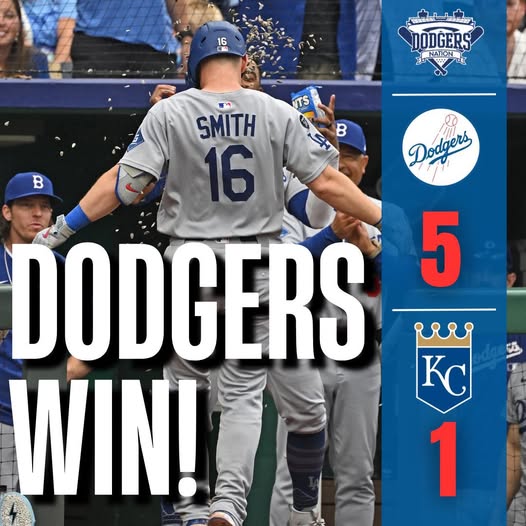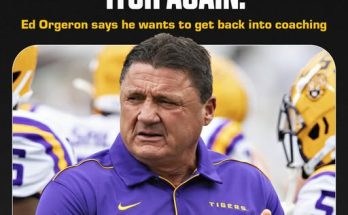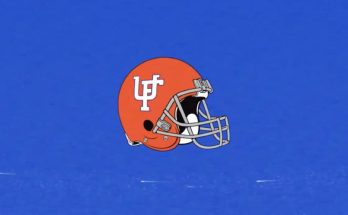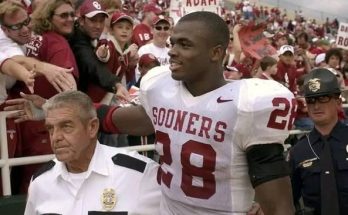The Los Angeles Dodgers closed out their Kansas City series with an authoritative 5–1 victory late Sunday, cementing a sweep of the three-game set and extending their winning series streak to six. A rain delay of 62 minutes did little to chill L.A.’s momentum, and by the time Justin Wrobleski took the mound, the Dodgers’ offensive burst and pitching dominance had already taken hold. Wrobleski’s masterful performance—six innings of three-hit baseball with six strikeouts—anchored a comprehensive win that felt like the culmination of a week’s worth of simmering domination.
Sunday’s contest began under ominous skies at Kauffman Stadium, where showers prompted a delay in the late afternoon. But once the game started, the Dodgers seized control. After opener Lou Trivino allowed a lone run in the first—Bobby Witt Jr.’s RBI double off the left-field wall brought home Jonathan India—Wrobleski entered in relief in the second inning and wouldn’t surrender another run. Over six innings, he permitted just three hits, walked one, and whiffed six batters—all while keeping the Royals off base after that early hiccup .
Offensively, the Dodgers struck early. In the bottom of the second, Kiké Hernández hammered a two-run homer over the left-center-field wall, blasting the Royals’ lead and energizing the visiting side . Hernández, a veteran utilityman signed to a one-year deal in February, had struggled against left-handers this season, but Sunday’s long ball showed him breaking free of that slump . His homer proved decisive, putting L.A. in front 2–1 and providing breathing room.
As Wrobleski locked in, the Dodgers tacked on insurance runs. In the sixth inning, Will Smith delivered his own home run—his fourth in nine games—a towering shot that barely cleared the center-field wall off Steven Cruz, expanding the lead to 3–1 (. Later, in the seventh, Max Muncy lined an RBI double, and Miguel Rojas followed with an RBI single, turning what was a two-run cushion into a commanding 5–1 advantage (.
Wrobleski’s outing was career-defining in several ways. The 26-year-old left-hander labored in spring training and early April, shuttling between the majors and Triple‑A, but has since carved out a niche as an invaluable bulk reliever. Sunday was his third call-up this season, and he delivered a career‑high tying six innings—this time scoreless. Six strikeouts, just three hits, one walk, and only 83 pitches—58 strikes—showed both efficiency and growing confidence . Six of his eight total whiffs came on his fastball, underscoring his command of the heater .
His ERA has dropped dramatically—from a sky-high 7.20 earlier in June to a much more manageable mid‑4.00s. In his past four bulk relief appearances, he’s thrown at least four innings each and allowed only four earned runs in over 20 innings. Backed by a reliable bullpen and youthful firepower, Wrobleski’s emergence was a highlight of the season’s first half.
Meanwhile, Royals starter Kris Bubic (6–6) took the loss despite a steady outing: five innings, three hits, two walks, and five strikeouts. But once Hernández’s blast left the park, the line quickly tilted. Kansas City managed a total of just five hits and drew ten strikeouts in the hands of Dodgers hurlers . It was the kind of stifling performance that cemented the series round.
The series marked another rough week for Kansas City. They’ve lost seven of their last eight games overall, and their home woes deepened—they went 1–12 at home in June . For the Dodgers, the road trip concluded with a sterling 5–1 record, sweeping both Colorado and Kansas City, and preserving their hold on the best record in baseball at 53–32 .
The game carried additional meaning. Both teams honored the legacy of the Negro Leagues, commemorating Jackie Robinson—who began his pro career with the Kansas City Monarchs. The Dodgers donned Brooklyn-era caps, and the Royals wore the 1945 Monarchs’ interlocking “KC” emblem, paying homage to the team whose history overlapped with baseball’s racial integration .
On the Royals’ side, the lone bright spot was Bobby Witt Jr.’s early double; it was the only spark of offense, snagging a single and a walk in the first. But the team quickly faded, going 1-for-5 with runners in scoring position Sunday, a far cry from its 6-for-12 success in that area during Saturday’s 9–5 win .
For the Dodgers, the win showcased their transformation in June. They’ve become exemplary comeback artists—staging 33 come-from-behind wins this season, nine more than any other team . In June alone they went 17–10, their best monthly stretch since 2021 . Sunday’s four-run win, once merely comfortable, felt like emphatic proof of their resilience.
This series-clincher also kept their six-series winning streak alive—a measure of consistent excellence rarely seen over a long season. They’ve now won their last six series and 12 of their past 15 games . Their late-June dominance bodes well as July begins.
Looking ahead, Dodgers get Monday off before returning home for a homestand that opens Tuesday against the White Sox. RHP Yoshinobu Yamamoto (7–6, 2.61 ERA) takes the mound in what should be a highly anticipated debut, following his deadline acquisition . Kansas City, meanwhile, heads north to Seattle to continue their long road trip.
Sunday’s win was a clean, efficient example of how the Dodgers are operating these days: shutting down opponents through deep arms like Wrobleski; delivering late, timely power from players like Hernández and Smith; and leaning on versatile hitters like Muncy and Rojas to pad the lead. Their depth—from the bullpen to the bench—is functioning better than most would have predicted at the start of the season.
Justin Wrobleski’s performance demands particular attention. A bulk reliever who few knew at the season’s start, he’s rapidly blossomed into a trusted bridge to the late innings, pitching into the sixth and anchoring the pen with multiple strikeouts and surprising composure. His growth is a microcosm of the Dodgers’ evolution: not just relying on their stars, but unearthing useful pieces from within, players who step up when the schedule grinds on.
Then there’s Kiké Hernández. Signed this past February to shore up infield depth and bench versatility, he’s emerged as a timely contributor. His second-inning homer Sunday was more than a few runs—it was a swing that flipped momentum and set the tone. A man who can play every position save catcher and right field, Hernández provides managerial flexibility. On Sunday, he did what any middle-of-the-order bat should—deliver when it matters.
Will Smith’s homer was equally vital. The catcher/Public bat continues to hit in streaks, and his fourth homer in nine games boosts the Dodgers’ offensive outlook as MLB heads into the unpredictable dog days of summer. His ability to deliver power from a position not usually associated with it adds depth to L.A.’s lineup.
Muncy and Rojas extended the lead with precision. Muncy’s RBI double in the seventh broke it open, and Rojas added a single for insurance. These aren’t splashy hits, but the kind of reliable contact that complements the power and keeps rallies alive. It’s balanced production across the board—a sign that this is a team not dependent on singular stars, but rather built on collective output.
The bullpen also deserves praise. After Wrobleski’s six innings, Kirby Yates worked a perfect eighth, and Jack Dreyer closed the ninth. Two innings of unblemished baseball to cap off a shutout stretch is textbook deployment, and while the final score was 5–1, this bullpen scene set L.A. up for September’s deeper contests.
For Kansas City, the result was another fragment in a rough mosaic. They’ve lost seven of eight and have compiled some of the worst home stats in the league: 1–12 in June at Kauffman. Their struggles are painfully clear. Kris Bubic gave them an opportunity, but the bats could not follow. Sunday’s lone early spark dimmed quickly in the face of L.A.’s all-around performance.
Beyond the boxscore, Sunday felt like a formal statement: Dodgers are healthy, confident, deep, and now rolling. They’ve earned a spot atop the standings—not simply by winning series, but by controlling them. Their June showings and this sweep reaffirm their place as 2025 contenders.
Sunday’s win, though just one game, carried weight. It closed a series, extended a road trip to 5–1, and reinforced a six-series streak. It slashed Kansas City’s momentum, and kept L.A. firmly in first place, shoulder-to-shoulder with Detroit for the best record in baseball . It also introduced fans to Wrobleski—a name that may become increasingly familiar as his innings pile up and his ERA continues to drop .
As baseball moves into July, the Dodgers look like the team to bet on. They blend perennial stars like Muncy, Smith, and Hernández with role players and emerging arms, all tied together by strong depth and managerial freedom. Sunday’s outing was more than another win—it was a microcosm of what makes this team great: pitching depth, clutch hitting, and the poise to deliver under pressure.
They’ll enjoy their day off Monday and then face the White Sox with Yamamoto on the mound—his first appearance since joining L.A., and likely a preview of their postseason rotation plans. Today’s narrative is of a team peaking at the right time: veterans delivering, young arms emerging, and momentum building. The 5–1 win over Kansas City feels both like the end of one chapter—a road sweep—and the start of another, one in which the Dodgers look every bit like contenders in 2025.



